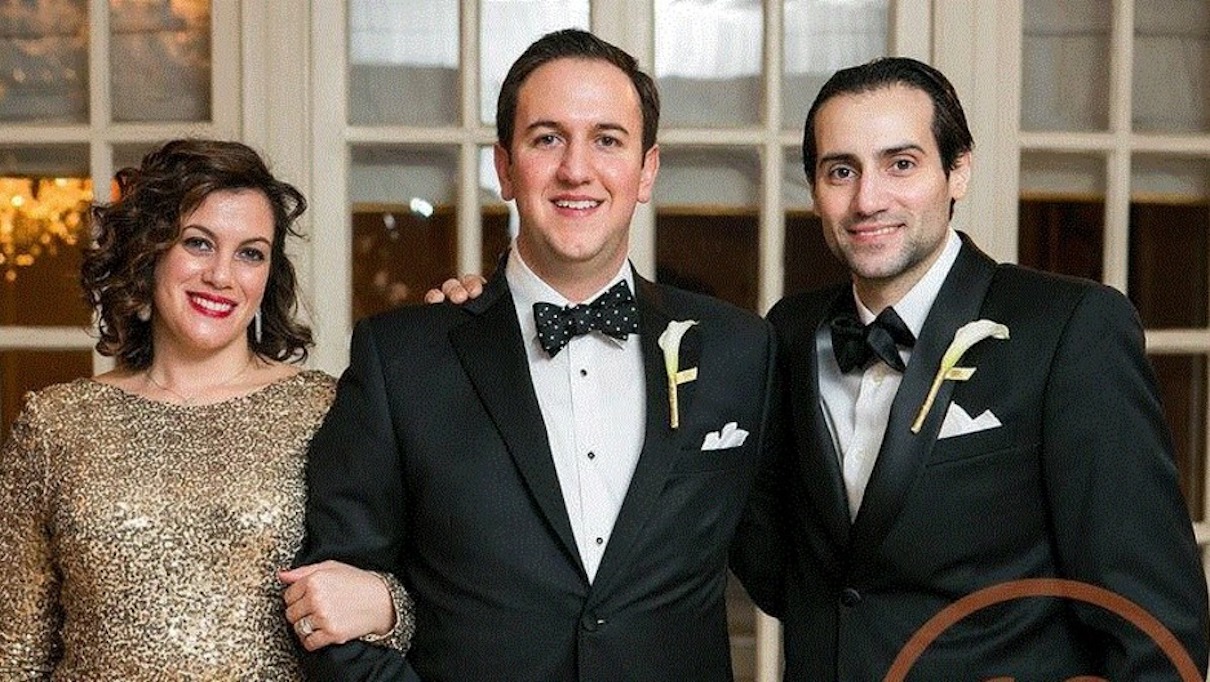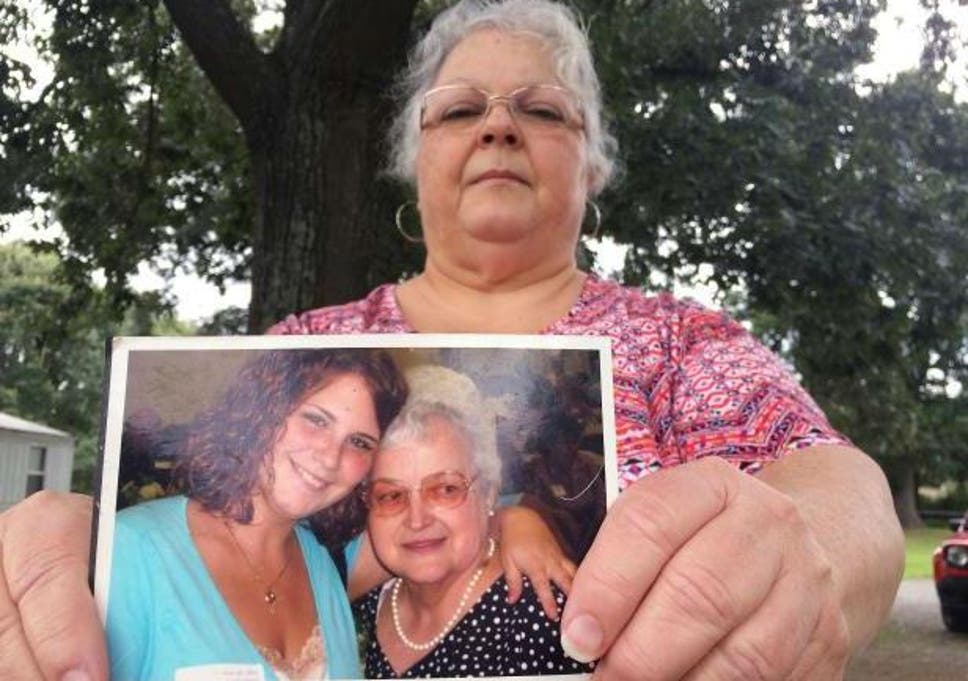 |
|
Victoria, Rami and Khalid Jabara. (Source: Victoria's Facebook)
|
The Not In Our Town podcast features powerful voices from people across the country who are taking a stand against hate and working to create safe and inclusive communities for all. In this episode, we examine how the tragic killing of Khalid Jabara, a young man who was murdered by his next door neighbor in a hate crime, prompted a call for vital changes in hate crime law and reporting. NIOT's Jeremy Jue hears from the Jabara family about the events leading up to the murder of Khalid Jabara in Tulsa, Okla. on April 12, 2016. The podcast features Khalid's mother Haifa and his two siblings, Rami and Victoria, and Rami's wife Jenna on the events leading up to Khalid's tragic death, and their commitment to sharing their story. Maya Berry, Executive Director of the Arab American Institute and NIOT Founder Patrice O'Neill speak about the Jabara-Heyer No Hate Act and the need to improve hate crime reporting and community response.
In the years since Khalid Jabara was killed, hate violence has escalated and the gap between hate crimes that occur and the number reported has likely widened. The Khalid Jabara and Heather Heyer National Opposition to Hate, Assault and Threats to Equality Act (The Jabara-Heyer NO HATE Act), is named for Khalid Jabara and Heather Heyer, who was killed during a white power rally in Charlottesville in 2017, was re-introduced in the Senate earlier this month. NIOT joined a coalition of human rights organizations in a letter encouraging bipartisan support for the bill's passage.
The No Hate Act would establish various grants within the Department of Justice for state and local governments to improve law enforcement activities to address hate crimes, including by improving the reporting of hate crime data to relevant national systems. It also allows a court to order, as a penalty for a violation of a federal hate crime statute, a defendant to participate in educational classes or community service related to the community harmed by the defendant's offense as part of a supervised release.
"We did all the right things that Oklahoma laws allow... We had to learn the hard way that protective orders don't work when the person lives next door to you."
— Victoria Jabara
"Clearly there's a serious deficit in the training of law enforcement when it comes to hate and bias, motivated crimes. We did call the police. We thought that they were actually going to help. It's clearly documented the quotes that he used that were derogatory and inflammatory against this family.
So what resources could the police have provided to us, right?"
— Jenna Jabara
"It is a cycle regrettably, and we cannot address it until we have the necessary data... so that our government can formulate an appropriate response and people can formulate an appropriate response to how they respond in their local communities. And that means that I have to be able to know how many hate crimes have occurred in my area."
— Maya Berry, Arab American Institute
 |
| Listen to the NIOT podcast interview with Susan Bro, the mother of Heather Heyer. |
Add new comment